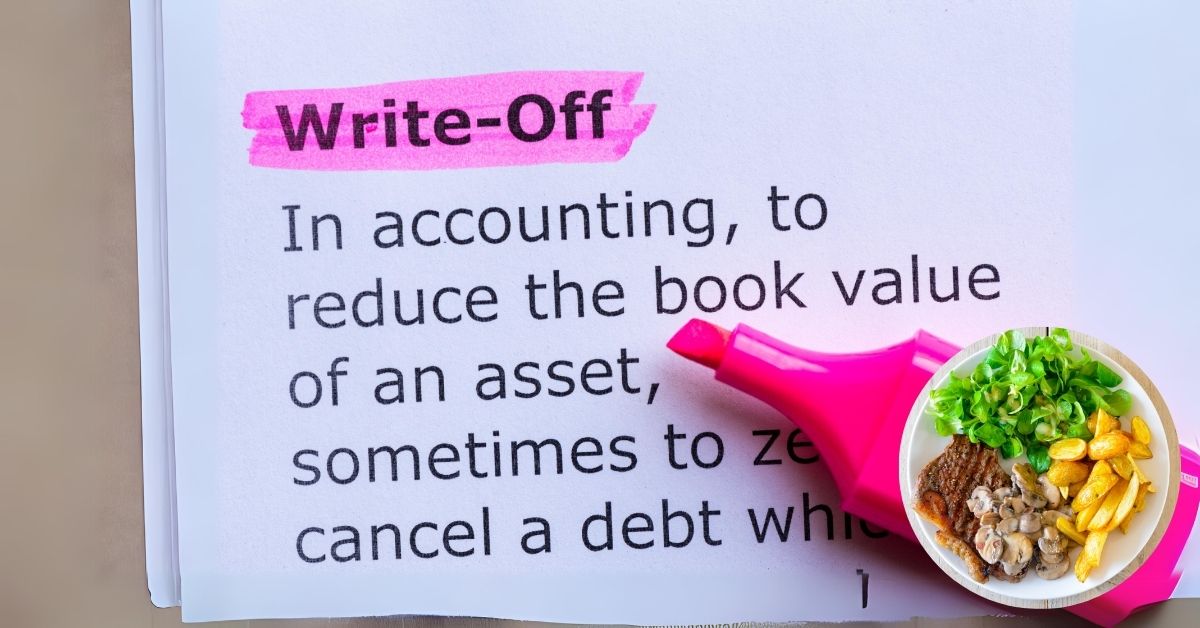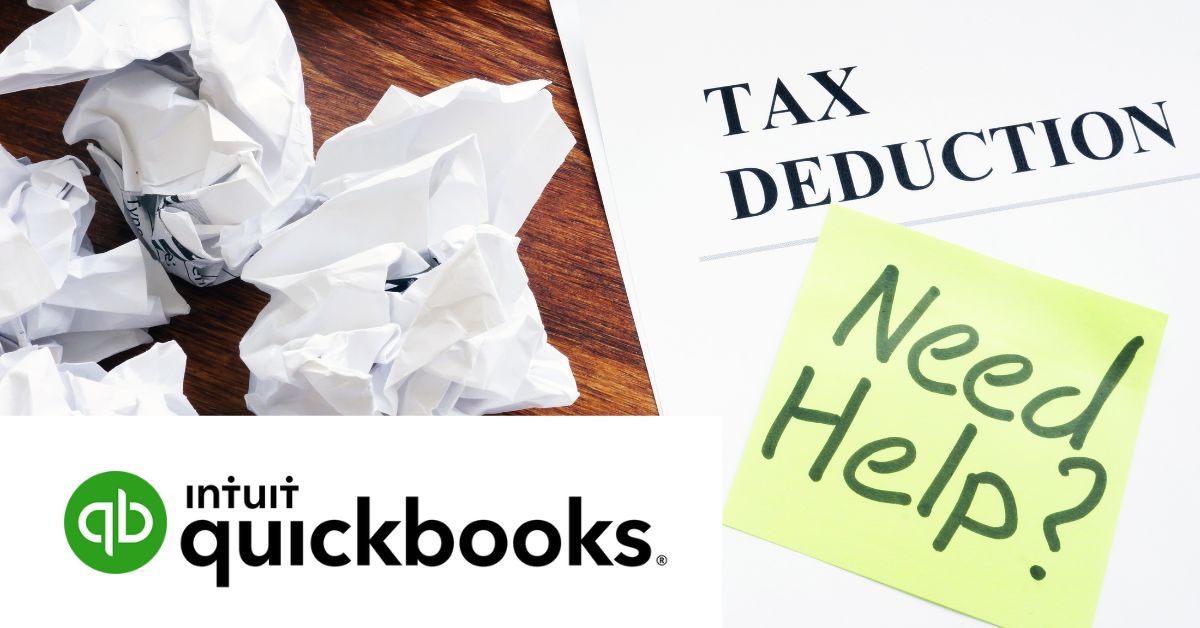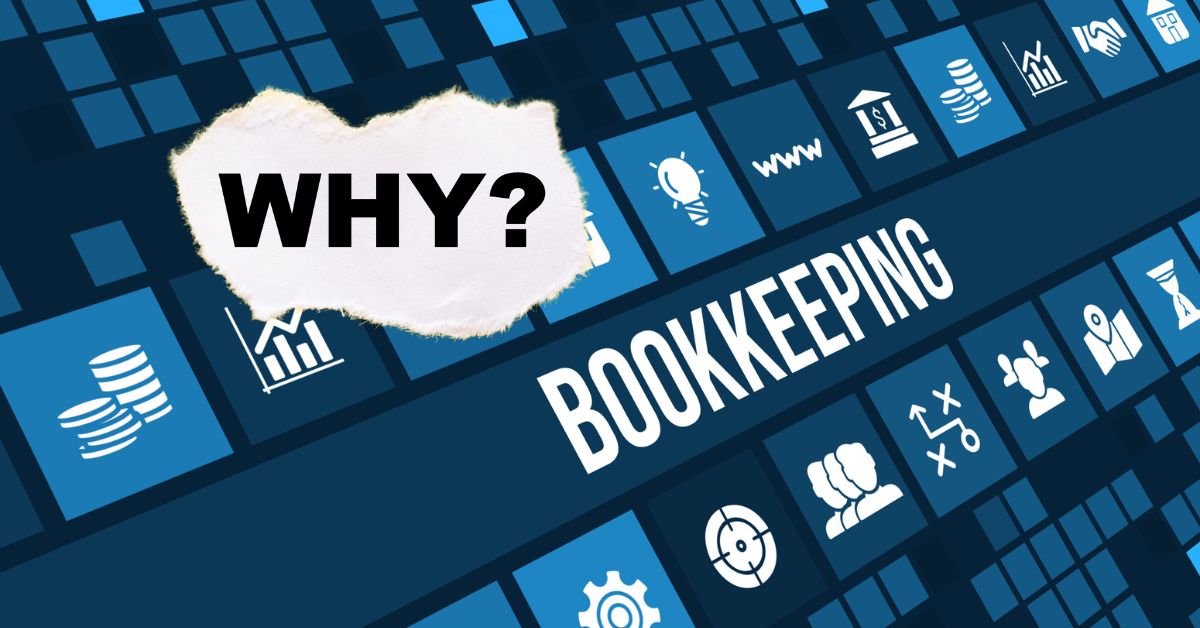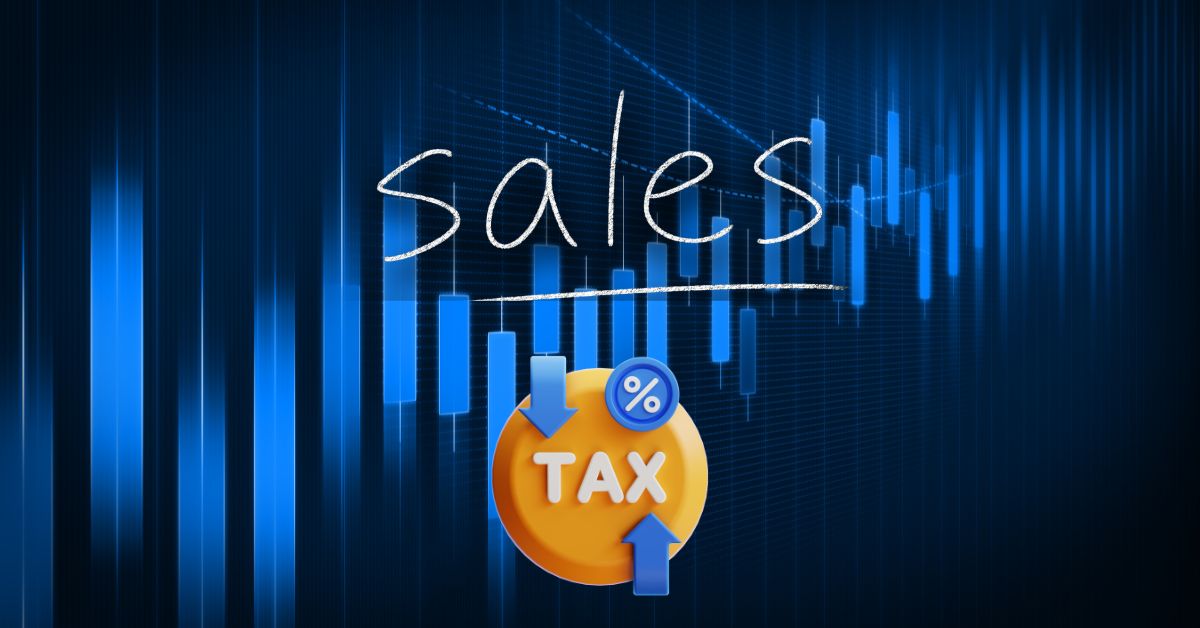Whether you’re traveling for business and need a bite to eat or you plan to host an important client for dinner, meals are a common business expense. The good news for business owners is that, in many cases, you can write off meals and reduce your tax liability.
However, business meal write-offs can be complicated, and not all meal expenses are equal. Knowing the eligibility requirements can help small business owners avoid issues when they file taxes with the Internal Revenue Service (IRS).
What is a meal write-off?
Meals and entertainment expenses often get lumped together in the tax code. While entertainment expenses are generally not deductible, a meal write-off allows you to deduct a portion of business meals as a company expense.
Writing off the cost of the meal reduces your taxable income, which means taxpayers save money on their tax bill.
If your meal is eligible, you’re entitled to a tax deduction. Depending on the nature of the meal, you can write off 100% or 50% of the cost of the meal.
What are eligible meal expenses?
Unfortunately, it isn’t as simple as paying for a meal with your business credit card and taking the deduction. Some strict rules and requirements apply when claiming a meal write-off.
For a meal to be deductible, it must comply with the following rules:
- The meal must serve a business purpose.
- The business owner or an employee must be present for the meal.
- The meal must not be lavish or extravagant, meaning it must be reasonable based on the facts and circumstances.
- A travel meal only occurs because you must stop and rest or substantially sleep as part of your duties while traveling away from home.
Applying current and changing tax law
The tax law is constantly changing, and you’re not alone if it’s hard to keep up. In 2017, the Tax Cuts and Jobs Act (TCJA) unleashed a complete overhaul of the U.S. Tax Code. With it, the rules on meals and entertainment changed.
For a short period of time during the pandemic, a temporary rule allowed for a 100% write-off of most meal expenses.
However, the rule expired on January 1, 2023, and the treatment of business meals reverted to the TCJA rules.
One of the changes implemented by the Tax Cuts and Jobs Act was the categorization of different types of business meals and how they get deducted:
| Expense Type | Deductible Portion % |
| Entertaining clients (sporting events, concerts, etc.) | 0% deductible |
| Business meals with clients | 50% deductible |
| Office snacks and meals | 50% deductible |
| Meals during business travel | 50% deductible |
| Meals for office parties or team-building events | 100% deductible |
But how is a business expense only partially deductible? The rule only applies when you report your business activity on your tax return. If you are working with a tax professional or even tax software, all you have to do is make sure:
- Meals are paid for through a business account and
- You categorize and total business meals together
The tax preparer or software will apply the limitations on your tax return.
Practical examples of a meal write-off
Interpreting and applying tax code can be tricky, so here are a few common examples of how meal write-off works in practice.
Meals while traveling
You travel to a one-day conference in a neighboring state. Due to the length of the business trip, you need to spend the night away from home. While driving to the conference, you stop for a meal. You sleep at the conference location, drive home, and grab another meal on the way back.
Since you’re traveling for business and must stop for a substantial amount of rest, both meals are eligible for the write-off.
Meeting a prospective client
You receive an email from someone interested in working with your business. This person asks to schedule an in-person meeting to discuss the details.
This meeting occurs at a local restaurant. You can pay for the meal for both of you or just yourself and take a restaurant meal deduction for the amount paid since the meal has the business purpose of gaining a new client.
Meals provided for the convenience of the employer
If you provide a meal for your employees, you might be able to deduct some of the price of the food. However, the meal must be provided for non-compensatory reasons, meaning it can’t be a reward for their work. Additionally, the meal must be for the employer’s convenience or benefit.
Some examples of meals that pass this test include:
- The employees wouldn’t be able to get a meal in a reasonable time otherwise. For example, there aren’t any convenience stores or grocery stores where they could get food to eat nearby.
- You need your employees to be ready on-call during their meal and provide food.
- Your peak workload tends to happen during meal times, forcing employees to take short meals.
- You run a food service business and provide food immediately before or after work.
Meals for a company holiday party
If you buy food for a company party, you may deduct 100% of the cost of the food for the event. Whether you’re hosting a picnic during the summer or a holiday party in the winter, you can write off the food as a business expense.
Tips to track business meal expenses
When taking a business expense deduction or write-off, keeping records to substantiate the deductions is essential.
Here are a couple of tips to make tracking meal expenses easier:
- Keep your receipts or take a photo of the signed receipt.
- Note the date, location, business purpose, the names of anyone present, and their business relationship to your company.
Many accounting programs offer a receipt upload option or transaction memos that you can use to track your business meals. Taking advantage of these tools can simplify your tax preparation process.
Common mistakes to avoid
The biggest mistake to avoid regarding the meal write-off is not keeping adequate records. Failing to record pertinent information about the meal can invalidate your claim to the deduction in the event of an audit.
Another common mistake is attempting to write off meals that don’t qualify. If you’re driving to a client’s location and get lunch on the way, you can’t take a business meal deduction, even if it happened during work hours. This is because the meal itself did not serve a business purpose, such as gaining a new client.
Remember that meals associated with travel expenses are only deductible if they’re part of a longer trip requiring a substantial sleep or rest break.
The Bottom Line
Meal write-offs can help you save money each tax year, especially if you do a lot of business travel or need to wine and dine clients to get or keep their business. Understanding how meal deductions work and how to stay on the IRS’ good side can help you make the most of this valuable write-off.
If you have questions about entertainment deductions like meal write-offs, consider consulting with a CPA before completing your income tax filing. If you’re a business-of-one, Collective can help you ensure you’re capturing meal deductions in line with the IRS guidelines.











